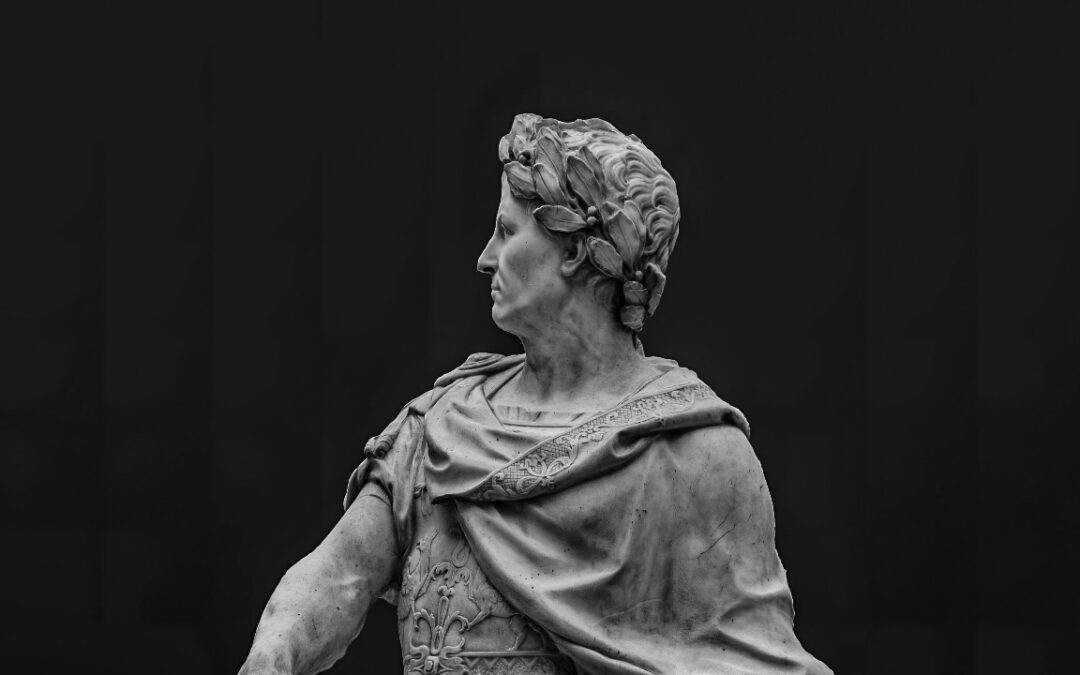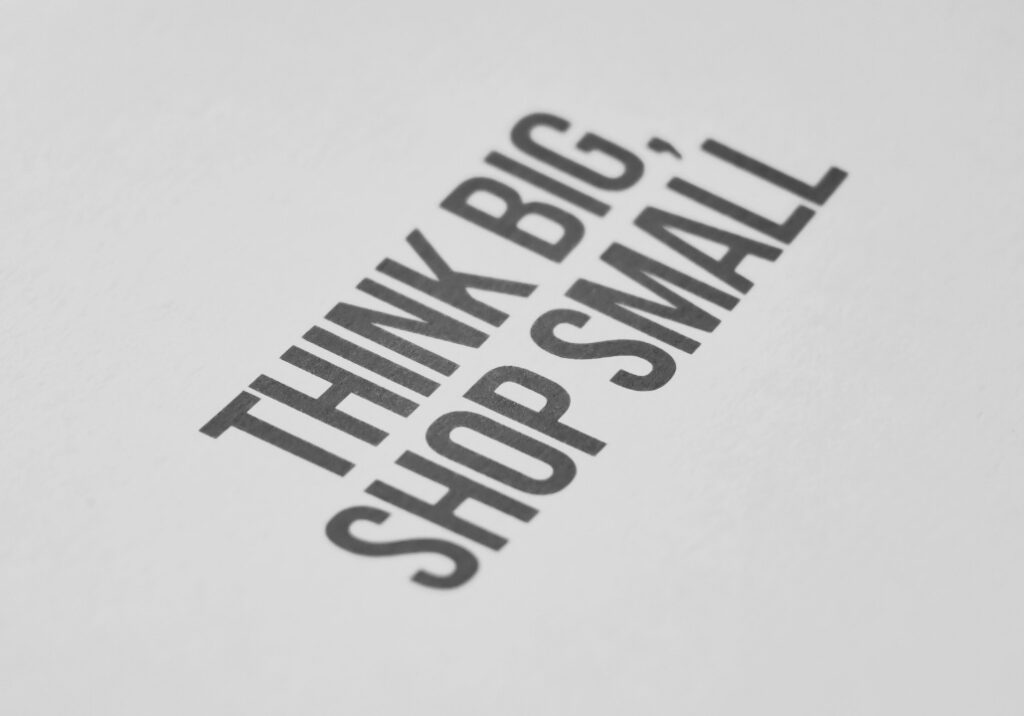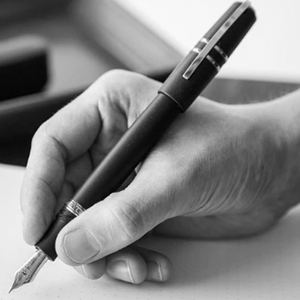
Macht
Macht
(bronnen: Dennis H. Wrong (Power) en Brian Klaas (Macht).
Een bekend adagium, bedacht door de Engelse historicus Lord Acton, is: “Power corrupts and absolute power corrupts absolutely”. De verleiding om macht te misbruiken om voordelen te behalen, is altijd aanwezig. Dat kunnen materiële of financiële voordelen zijn, maar ook immateriële, zoals seksuele gunsten.
Meten van macht
Macht speelt in het sociale, en m.n. in het politieke systeem, een centrale rol. Aan het meten en registreren van macht wordt daarom veel belang gehecht. Maar het is een gecompliceerd begrip dat zich niet eenvoudig en eenduidig leent voor wetenschappelijke metingen.
Om macht te meten worden verschillende methoden gehanteerd. Volgens sommige deskundigen meet elke methode een andere dimensie van macht. Daarom worden vaak meerdere methoden tegelijk gebruikt:
– De conditionele methode is een methode om de macht van actoren en organisaties te meten op basis van de middelen waarover deze actoren of organisaties beschikken, in combinatie met de wijze waarop zij deze middelen aanwenden. De middelen bestaan uit financiële, culturele (medewerkers), organisatorische (bestuurders), sociale (netwerk) en Informatie (kennis, ervaring, expertise) middelen;
– Om vast te stellen welke actoren de meeste macht hebben, gaat men met de formele positiemethode na welke actor de meeste en de meest vergaande formele bevoegdheden heeft;
– De netwerk-methode sluit aan bij de formele positiemethode, maar let meer op gedrag dan op formele posities. Gekeken wordt naar de macht die uit kan gaan van netwerken. Bestudeerd wordt “wie met wie omgaat”;
– Volgens de participatie-methode oefent iemand die deelneemt aan het politieke proces per definitie feitelijke macht uit;
– De besluitvormingsmethode let niet alleen op de participatie, maar ook op het gewicht van de invloed van de diverse actoren op de uitkomst van de besluitvorming;
– De before-after methode wordt vaak gecombineerd met de besluitvormingsmethode. Deze methode gaat ervan uit dat degene wiens oorspronkelijke eisen het dichtst bij de uiteindelijke beslissing liggen, de meeste macht heeft uitgeoefend.
– De reputatie-methode vraagt personen hun mening te geven omtrent de vraag wie de meeste en doorslaggevende macht heeft. Men kan bijvoorbeeld deskundigen of bekleders van formele posities enquêteren. Naar machtsbronnen zoals bijvoorbeeld beloningsmacht, beïnvloedingsmacht, legitieme macht (gezag), expertise-macht, referentie-macht (o.b.v. prestige of bewondering).
Aantrekken van niet-corrumpeerbaren
Het onderzoek dat door Brian Klaas is uitgevoerd, heeft een tiental lessen opgeleverd hoe macht is te beteugelen:
- Actief de corrumpeerbaren eruit zeven.
Een zorgvuldige screening lijkt misschien duur, maar een degelijk onderzoek in een vroeg stadium kan je later heel veel geld, tijd en onnodige schade besparen.
Welke interventies je ook pleegt, het komt vooral neer op de erkenning van het kernprobleem dat degenen die niet aan de macht zouden moeten komen, geneigd zijn die macht na te streven. In elk systeem dien je daarom de niet-integere, machtshongerige kandidaten er uit te zeven.
- Gebruik loting en een schaduwkabinet als toezichthouder.
Een willekeurige selectie maakt mensen nederig, het winnen van een concurrentiestrijd – zoals verkiezingen – niet. Een betere werving, in combinatie met supervisie door middel van loting maakt de kans kleiner dat slechte mensen slechte besluiten nemen.
- Rouleer om misstanden te beperken.
Roulatie werkt het best als er een flink percentage mensen in de organisatie eerlijk en integer is. Des te integer de mensen zijn die je in het systeem laat rouleren, des te effectiever voorkomt en onderdrukt die tactiek malversaties door machthebbers. Als iedereen gesuperviseerd wordt door een willekeurig mengelmoes in een schaduwbestuur, dan is dat nog effectiever.
- Controleer het besluitvormingsproces, niet alleen de resultaten.
Corrumpeerbare mensen streven macht na en zijn vaak erg goed in die te krijgen.
Toch zijn deze vier ‘interventies’ niet voldoende. Er is nog een probleem, namelijk dat de menselijke versie van ‘een rotte appel’ heel goed is in het zichzelf vermommen als smetteloos fruit, omdat wij zelden onder de oppervlakte kijken.
De manier waarop wij leiders waarderen, is vaak in het voordeel van sluwe manipulatoren die eerlijk en succesvol lijken te zijn. Daar dienen we dus ook rekening mee te houden en nog verandering in aan te brengen.
Wat kunnen we nog doen om ervoor te zorgen dat mensen, als ze het eenmaal voor het zeggen hebben, niet worden aangetast door de ondermijnende, corrumperende effecten van de macht?
- Zorg voor krachtige, regelmatige reminders aan de verantwoordelijkheid.
Regelmatig herinnerd worden aan je verantwoordelijkheden kan effect hebben, maar andere factoren kunnen zwaarder wegen. Om beter gedrag te verkrijgen moeten we dus reminders aan verantwoordelijkheid koppelen.
En aan een tweede psychologische insteek: machthebbers confronteren met de kosten en de consequenties van hun handelen. Als we het mensen op machtsposities het namelijk niet van tijd tot tijd ongemakkelijk maken door hen te confronteren met…, dan…
- Zorg ervoor dat machthebbers mensen nooit als abstracties gaan beschouwen.
Het is makkelijker dan ooit een bureaucratisch monster te zijn. Iemand die levens beschadigt, verwoest of zelfs beëindigt zonder ooit op te staan uit zijn of haar comfortabele kantoorstoel. Of het leed dat hij / zij berokkent, zelfs maar onder ogen te zien.
Er bestaan hele bedrijfstakken waar de gevolgen van ongemakkelijke beslissingen buiten het gezichtsveld gehouden worden van degenen die ze nemen. De baas wordt elk beetje emotioneel ongemak bespaard.
Een gezonde hoeveelheid ongemak is wellicht precies wat mensen, die moreel ingewikkelde beslissingen moeten nemen, nodig hebben. Een rechtgeaarde baas zorgt ervoor dat hij de mensen die de gevolgen van zijn beslissingen ondervinden in de ogen kan kijken.
Er zijn voldoende aanwijzingen om aan te nemen dat er in onze samenleving minder misbruik zou voorkomen als we ervoor konden zorgen dat CEO’s, politieagenten en politici deze methode zouden toepassen…
- In de gaten gehouden mensen zijn aardige mensen.
Onderzoek heeft aangetoond dat mensen die in de gaten worden gehouden, zich over het algemeen beter gedragen. Het is duidelijk dat we niet langer exclusief afhankelijk zijn van goden of godsdiensten om mensen te laten vrezen dat ze betrapt worden en gestraft zullen worden voor hun slechte gedrag.
- Houd de controleurs in de gaten, niet degenen die gecontroleerd worden.
Het is voldoende om de mensen aan de macht te laten denken dat ze elk moment bekeken kunnen worden. Op die manier hoeven we niet voortdurend elkaars privacy te schenden. Juist machthebbers zullen zich nog wel een keer bedenken voordat ze overwegen die macht te misbruiken.
- Toewijzen om afschrikking te vergroten en schending van privacy te verkleinen.
Het hoeft niet steeds de stok te zijn in plaats van de wortel. Goed ontworpen systemen zouden ook goed gedrag moeten kunnen belonen.
In Zweden bijvoorbeeld werkte een maatregel tegen te hard rijden twee kanten op. Degenen die te hard rijden, worden bekeurd. Maar degenen die onder de maximumsnelheid blijven, maakt kans op een lot uit een loterij. De boetes die de hardrijders betaalden werden gebruikt als prijs voor de willekeurige winnaars onder de gezagsgetrouwe rijders.
- Wacht niet langer op principiële redders; maak ze zelf.
Te veel van onze huidige systemen trekken onevenredig veel corrumpeerbare mensen aan en helpen ze vervolgens aan de macht. Eenmaal aan de macht, verandert die macht hen, ten kwade.
In plaats van te wachten op onze principiële redders, is het realistischer onze systemen te veranderen zodat mensen zich ‘fatsoenlijk’ gedragen, alleen desgevraagd macht uitoefenen in plaats van die te zoeken, en op tijd afstand doen van die macht in plaats van te genieten van het bedwelmende effect als de corruptie eenmaal is begonnen.







